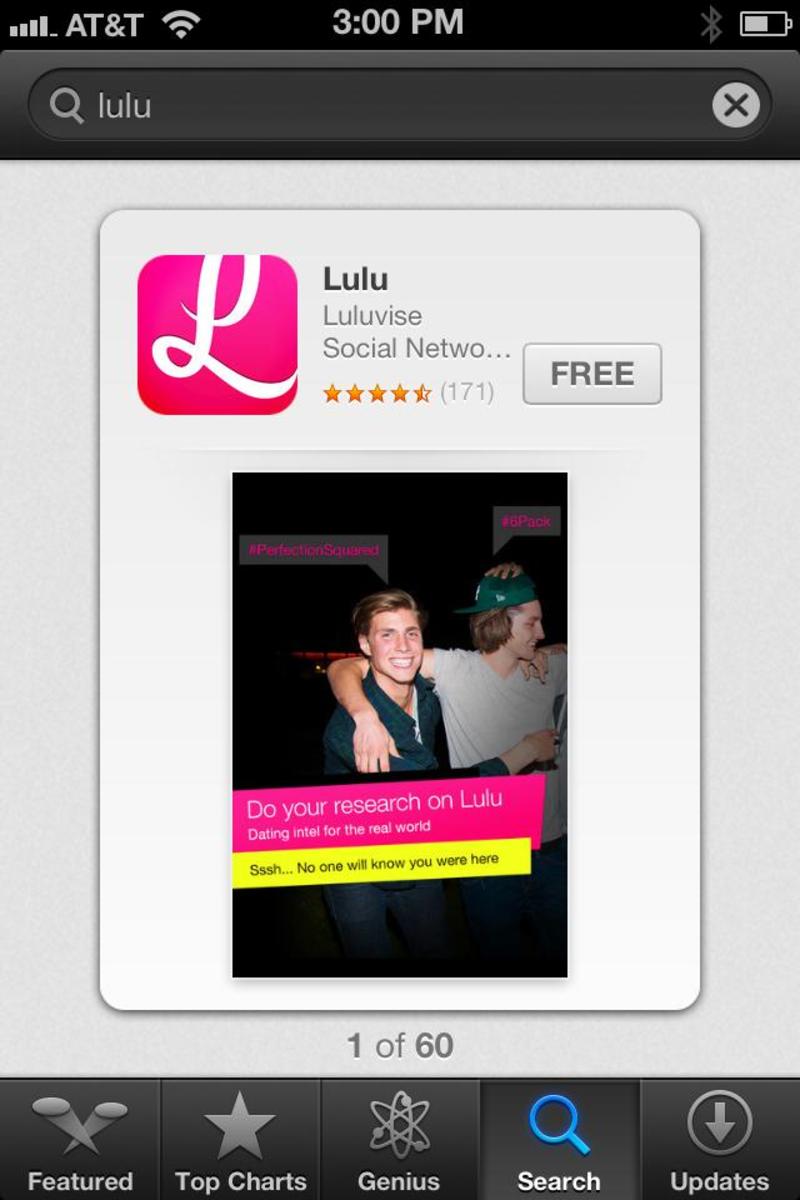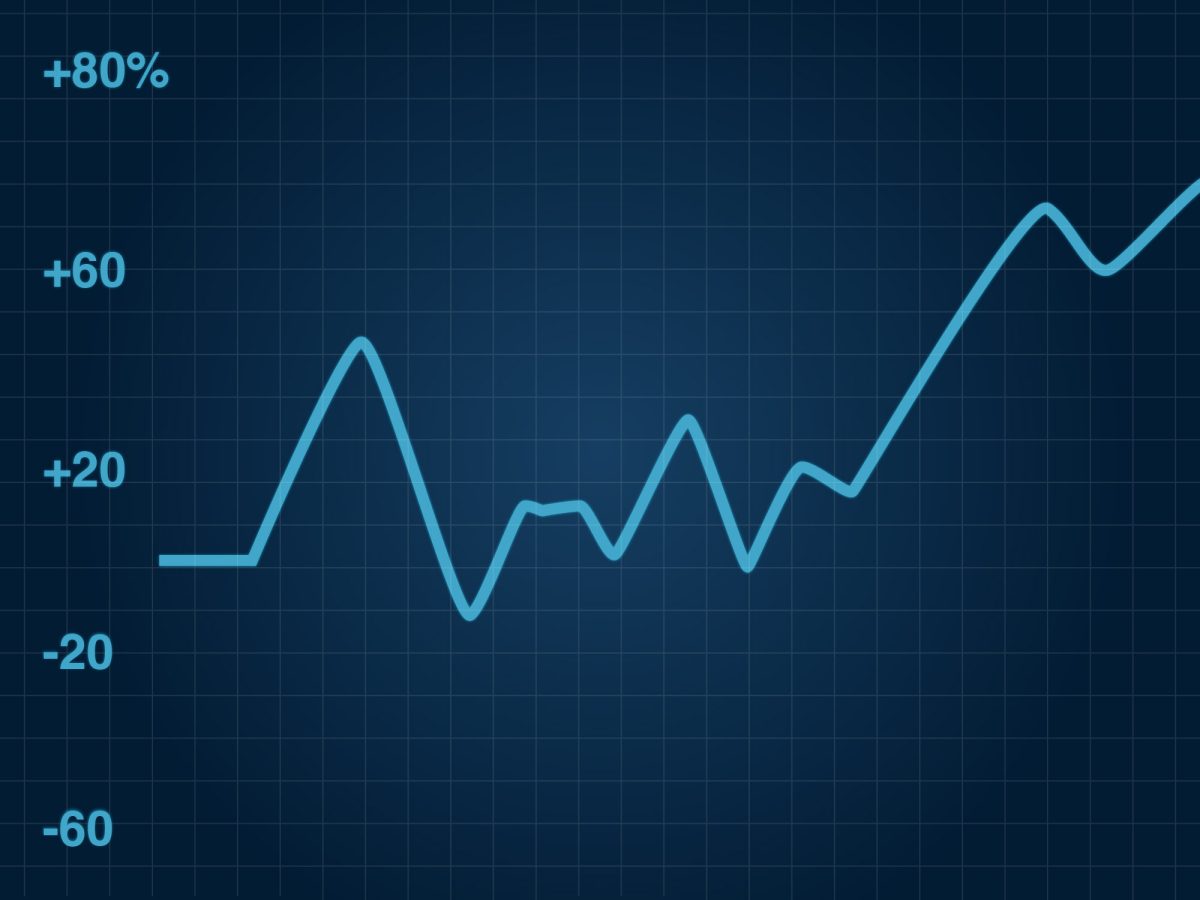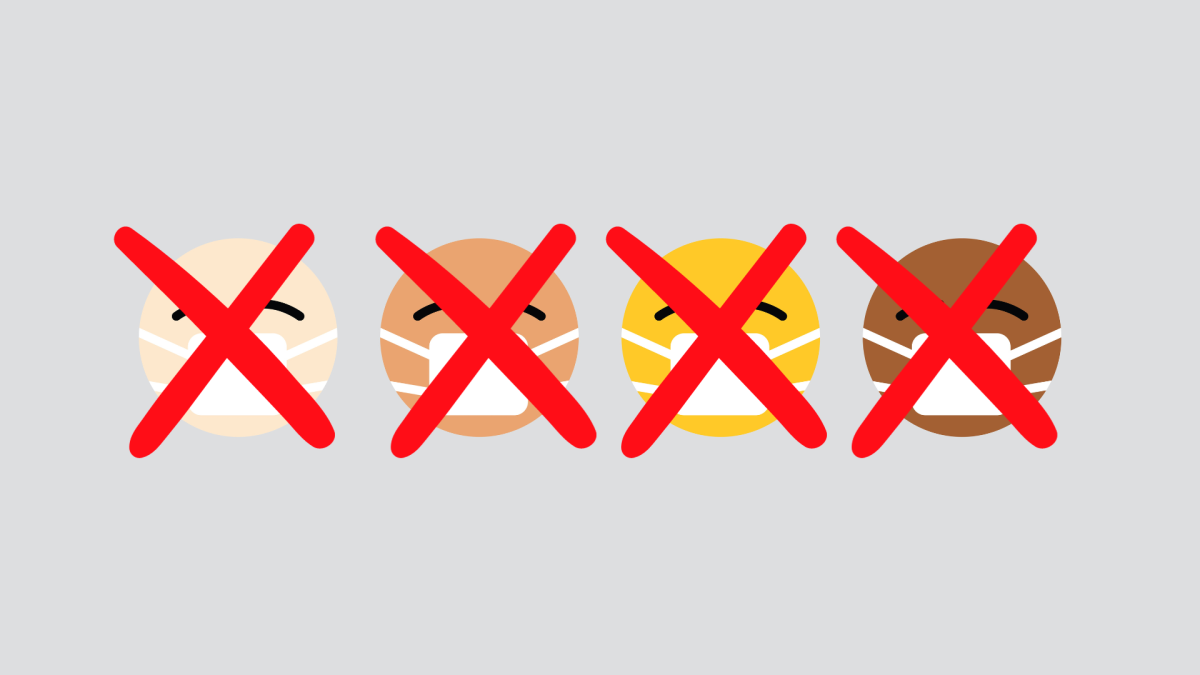
Photo illustration by Randy Rataj
The male perspective
Imagine a place where a person’s appearance, sexual performance, and overall demeanor are scored on a 1-10 scale, and that person has no control over or access to their rating. Don’t think too hard; this place exists. Welcome to the digital age.
The Lulu app, created by Alexandra Chong, launched February 2013. It allows women who have had a Facebook account for at least a year to publish reviews of men for other women to see.The reviewer rates men on a 1-10 scale and can include a personal message and premade Lulu hashtags. Women can rate past hookups, a crush, a friend, ex-boyfriends or even a relative (if they’re into that kind of thing) on a series of different categories. These categories include looks, manners, sexual performance, ambition, and so on.
Just to understand how ridiculous this concept is, here are some of Lulu’s premade hashtags: #GoneByMorning, #SmellsAmazeballs, #WearsEdHardy, #CantBuildIkeaFurniture.
The kicker is that men do not have access to the application, but are vulnerable to being reviewed if they have an existing Facebook account. Lulu marauds as a beacon of pseudo-feminism, advocating judging people on a 1-10 basis and slandering someone’s name when they are unable to defend themselves. Sounds righteous.
The app is defended, at times, as just another source of harmless gossip and entertainment, but this isn’t something men would agree with. This brand of entertainment is akin to watching Jersey Shore or other gossip-based filth. If that’s what’s cool now, don’t listen to any of this. But I just can’t idly stand behind Pauly D’s fresh blowout or gossipy girls’ male criticism.
Imagine this: A guy meets a girl and is wildly interested in her. Every sense of romance is awakened in him because this girl is something special. The girl then logs onto Lulu to make sure he’s not a rapist or murderer. She finds the recent review that his bitter ex-girlfriend published; obviously it isn’t the warmest rating. Whatever chance he once had of fleshing out this new relationship is now tainted because some untrustworthy rating from a not-so-credible app labeled him as a swine. Sound farfetched? It’s not.
Here’s the truth: Using the app can be fun, especially to get a laugh or two, but some people are taking whatever is posted to heart — not to mention they are laughing on behalf of the nonconsensual exposition of someone else’s private life.
Some might ask, “Why don’t men just make an app of their own, like Lulu?” It’s not that Lulu is a revolutionary or unique idea; similar things have been around for years. But this app has gained a dangerous amount of notoriety. There are at least 200,000 men reviewed on Lulu, and that’s low-balling it. Essentially, 200,000 people are being slandered — though some, luckily, in a positive light. If you choose to use this app, please consider that not everything on there is true.
Words and allegations can be incredibly harmful — consider the amount of lawsuits that take place because of simple combinations of words and punctuation. The old sticks and stones adage isn’t exactly factual in this day and age.

Photo by Randy Rataj
Discrimination stems from viewing people who are different as “the other.”
The Lulu app advocates this kind of thinking.
By reducing someone to a mere extension of another, the extension becomes “the other” — becomes secondary. Now, now, don’t worry. This article isn’t a stereotypical rant about feminism.
“Feminazis” is the current slang for this strange branch of nouveau-post-post-post-modern “feminism.” This term purports that equality is about women getting the upper hand. It simply changes the word “patriarchy” to “matriarchy.”
To do this, one must regress to being six years old.
“Men started it, so we’re finishing it!” Or, “We’re sick of men objectifying us, so we’ve decided to objectify them in a whole new way,” is the general mentality of this branch of “feminism.”
Any app that rates men based on financial stability, physical appearance and sexual performance is another brick paved in the road toward a society of vapid, greedy and soullessly bottom-feeding succubi.
I doubt women would be quick to defend a private app that allowed men to rate women.
Only from the inside can one truly see that their personality. Worth cannot be summarized in 20 words or less.
Random sex is one thing, but Lulu prides itself in being helpful towards finding a long-term mate.
If two people enter a relationship that begins with the woman quantifying the man’s value through anonymous ratings, she will expect him to always live up to those ratings. She’s going to expect the simplicity of a guy who #FixesThings and has a #4.0GPA. By crystallizing his traits into these bits of information, she simplifies an entire relationship into a sitcom where the male lead is extremely two-dimensional.
Humans are programmed to categorize things in order to better understand them. However, our brains function at a level where we should be able to override this basic programming.
Lulu perpetuates the general trend of rating, categorizing and packaging people through standardization.
From school tests, college classes and tax forms to Facebook and search engine specifications, we live our lives going through systems that reduce us to numbers or qualitative data. Lulu is another name on the list of digital manifestations created out of our need to simplify and define. Unfortunately, it may be an oversimplification.
If you like a boy, ask him out. Don’t be a coward. He’s not a toaster for you to compare to others online. He’s not a restaurant you can rate based on his performance during the length of your relationship. He’s a human being, whose entire contribution to the female gender is not limited to a hashtag.
Email Carl Rosen at opinions@unfspinnaker.com
Email Lydia Moneir at news@unfspinnaker.com











